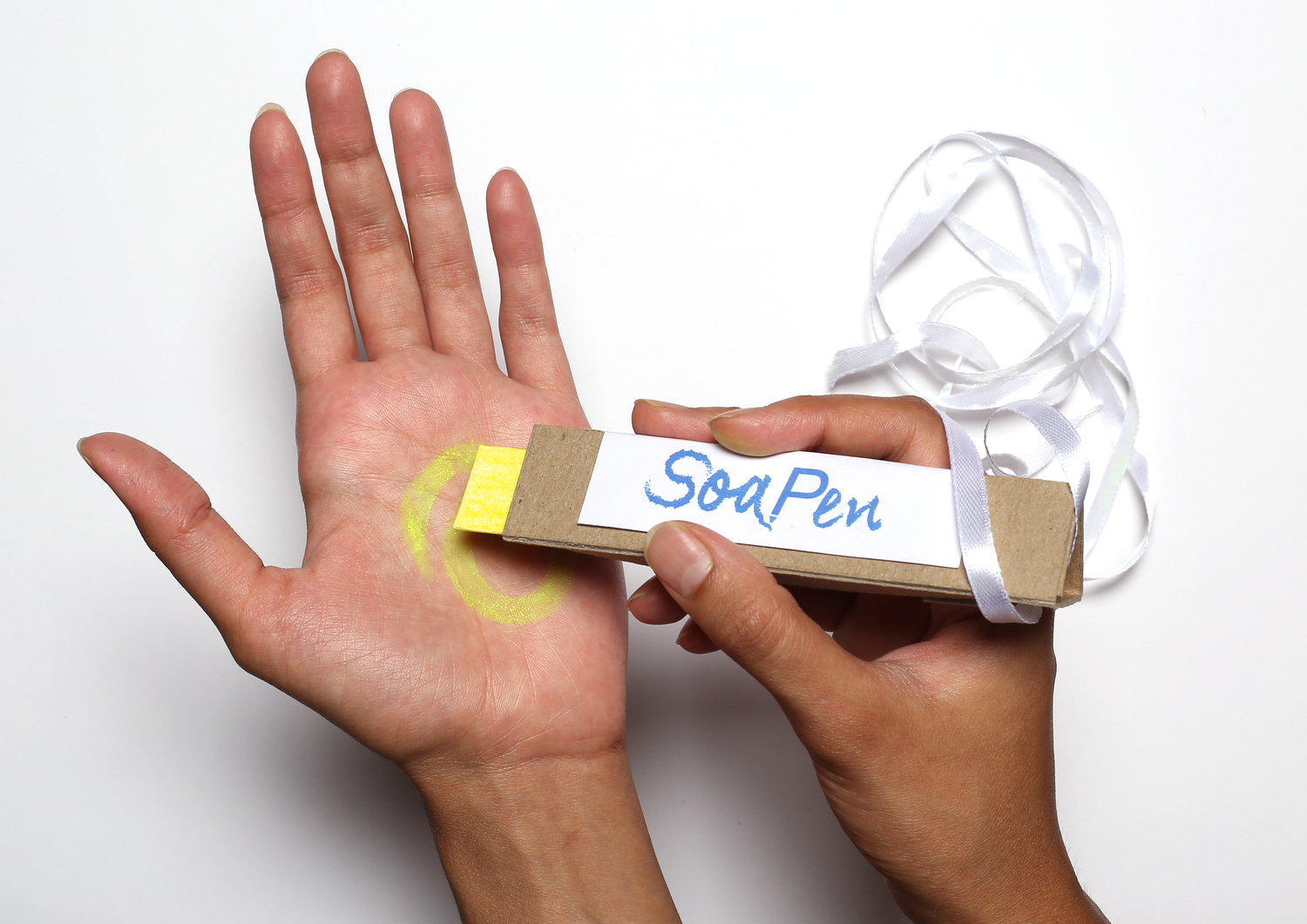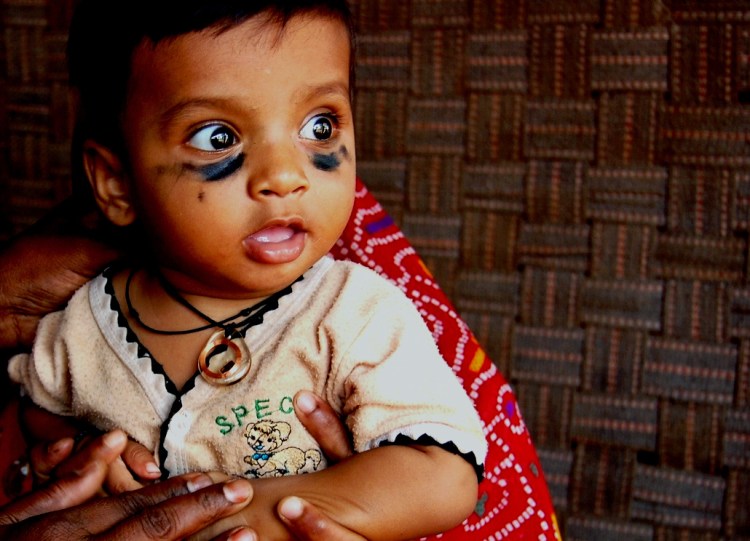(Reuters) – A necklace that stores electronic health data for babies and toddlers and a soap that encourages children to wash their hands have a won a global competition showcasing the potential of wearable products.
The winning teams, which included students from India and the United States, will get a $15,000 prize and help in developing the products, the organizers said on Thursday.
The challenge was backed by UNICEF, product design company frog and ARM Holdings, whose processors power wearables like the Apple Watch.
ARM executive Dominic Vergine said the winning designs showed the potential of wearables that required little or no power and could be rolled out at low cost.
June 5th: The AI Audit in NYC
Join us next week in NYC to engage with top executive leaders, delving into strategies for auditing AI models to ensure fairness, optimal performance, and ethical compliance across diverse organizations. Secure your attendance for this exclusive invite-only event.
The “Kushi baby” necklace contains a personal two-year immunization record for children that can be read by a smartphone using near-field technology.

The other winner, SoaPen is a soap crayon that encourages children to wash their hands, by creating marks on the hands that disappear after scrubbing.
Team member Shubham Issar said it could reduce the spread of disease by promoting the habit of hand-washing with soap among children.
(Reporting by Paul Sandle, editing by Larry King)

